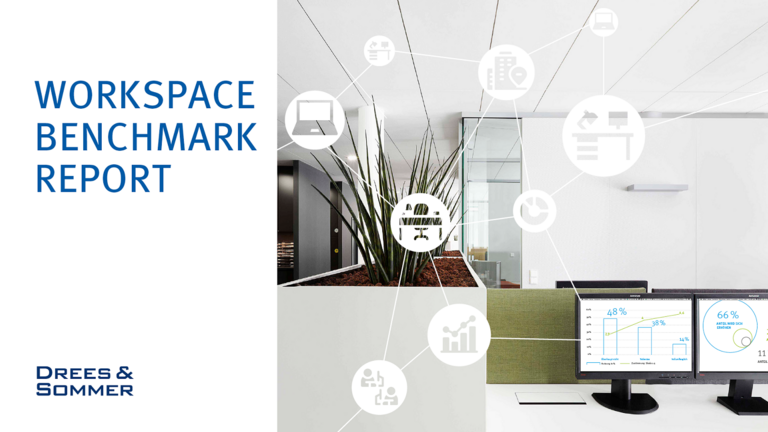Empty offices, people working from home, and significantly less traffic on the roads: From one moment to the next, the global coronavirus pandemic has completely changed the way we live and work. Wherever possible, companies have sent their employees away to work in their home offices. And what initially took some getting used to will be the new normal for some time to come – with a huge impact on future office design. This was one of the findings of a joint survey conducted by Stuttgart-based planning and consulting company Drees & Sommer and macom GmbH. A total of 180 IT, real estate and HR managers from some 20 different sectors responded to questions on how the pandemic is likely to permanently change the work environment.
And the numbers speak for themselves. Around 80 percent of all respondents currently work exclusively or predominantly from home, with one fifth still only working occasionally from their home office. The benefits are clear: Many employees appreciate the flexibility and trust. They feel that they have more free time and are not wasting as much time commuting – which has the added benefit of reducing pollution.
Even though – compared to other countries – Germany has held fast to its culture of office attendance, the pandemic has demonstrated to even the most skeptical that things can be done differently. The door to New Work has been thrown wide open,which is why two-thirds of respondents firmly believe that the proportion of remote work – either at home or in third places such as the café or the park – will increase significantly in the long term compared to the pre-COVID era. The basic prerequisite has already been met, as the vast majority of respondents – 93 percent – do at least some of their work using digital technology. In contrast, only one in ten expects the proportion of remote working to decrease.
The key features needed are attractive, efficient utilization of space and the use of new digital tools. And we should not forget the most important argument in favor of the office: It is a place for personal encounters and direct communication. As well as being a basic human need, personal contact is also important for business – not least because of this, some employees also long for the office, as revealed in the snap survey.
You can find more information in our press release.
